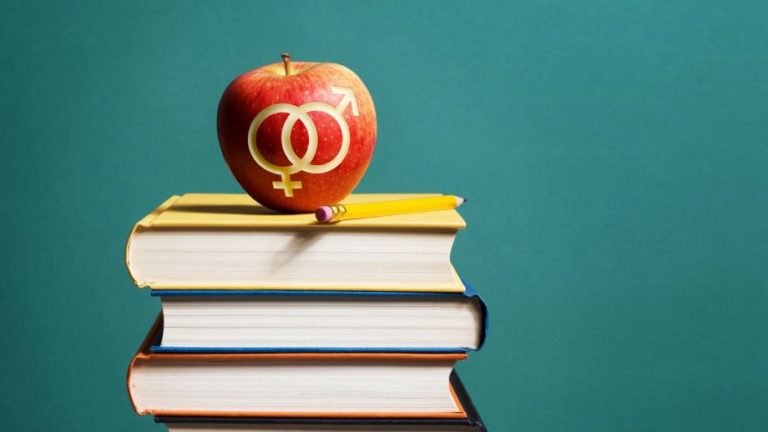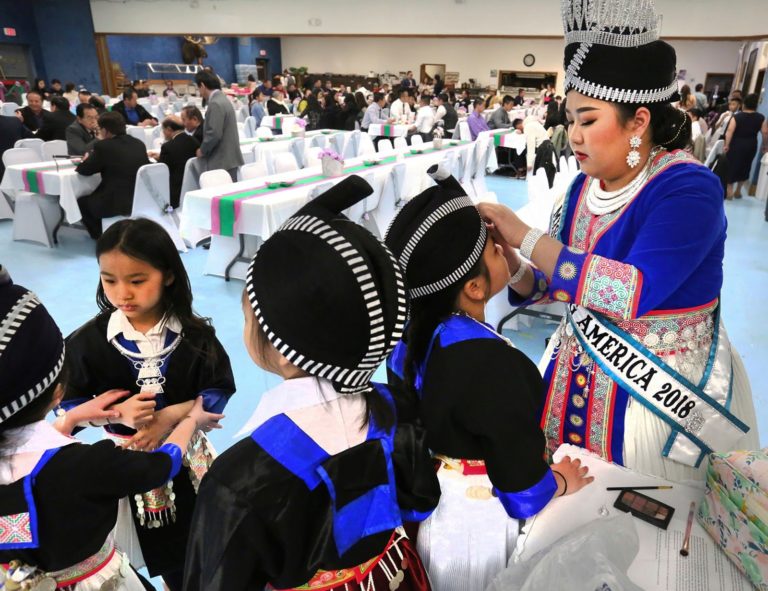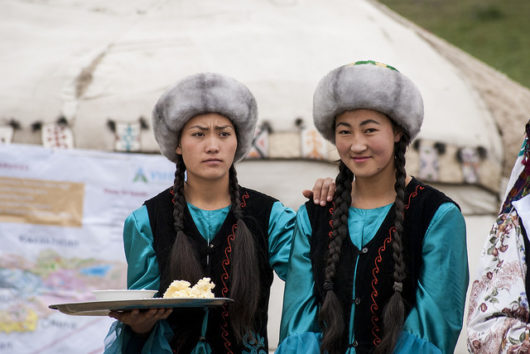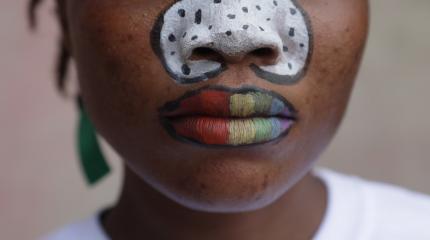
Ghana is a leader in terms of West African democracy and stability, but just like many other countries around the world, the LGBTQ+ community in Ghana
This stigmatization is based upon several factors including colonial-era influences and legislation, extreme religiosity of Ghanaians, and possible anti-Western sentiments. Prior to colonization, homosexuality was practiced and accepted in Ghana, but Britain’s colonial rule enacted laws that punished such behavior, and these laws still exist today. Ghana was under British rule until 1957, so the anti-gay laws of the colonial era that criminalized consensual sex between adults of the same gender still influence the contemporary policies of Ghana. The colonialists also brought Christianity to the region, and today about 71 percent of Ghanaians practice various sects of Christianity, which could account for the anti-LGBTQ+ societal views. As homosexuality is a sin according to the Bible, many Ghanaians believe and express these views openly, and homosexual behavior is not accepted in many households and community organizations.
Homosexual behavior was accepted in Ghana prior to colonization, then it was stigmatized and outlawed, and now some Ghanaians use anti-Western sentiments to account for their anti-LGBTQ+ philosophies. Europeans brought Christianity and anti-homosexual mindsets with them to West Africa, and now Ghanaians embrace these ideas and reject their own pre-colonialism views of accepting homosexuality. One columnist for the Ghanaian Times wrote that “we are concerned about the attempts by the Western world to push down on us a culture that is alien to us. This must certainly not be allowed to escalate on to the decent larger population who want to uphold the will and wish of God.” This seems contradictory to the original, traditional Ghanaian culture, and these contemporary anti-Western beliefs are actually rooted in colonialism.
However, it’s not all negative for the LGBTQ+ community in Ghana. Many organizations such as the Human Rights Advocacy Centre (HRAC) and Priority on Rights and Sexual Health (PORSH) are working to end the discrimination and stigmatization of the LGBTQ+ community. HRAC provides free legal counseling for those who have experienced human rights abuses, and PORSH aims to reduce the spread of HIV among at-risk populations, and hosts many events for men who have sex with men (MSM) to provide a safe space and communal environment for people who do not feel comfortable elsewhere. Other groups such as Amnesty International are also working to reduce the stigma and improve the human rights of the LGBTQ+ community in Ghana and around the world. The video attached through this link from Human Rights Watch does a wonderful job of explaining the current situation in Ghana by providing personal accounts of the struggles faced by LGBTQ+ women in Ghana.
Change won’t come overnight, but the hard work of many individuals and organizations is certain to have a positive impact. Current Ghanaian President Nana Akufo-Addo has stated that a change to the current situation “is bound to happen,” but it must first gain public support in order to be put on the agenda. The first step to destigmatizing the LGBTQ+ community is through evidence-based education and awareness. Human Rights Watch has also stated that the Ghanaian state needs to “protect LGBT people from all forms of discrimination, intimidation, and violence based on their real or imputed sexual orientation and gender identity” and should “engage in a constructive dialogue with the LGBT population to better understand its needs.” Colonial-era legislation needs to be reversed and the human rights of the members of the LGBTQ+ community need to be protected at all costs.
Overall, ensuring basic human rights and protections for members of the LGBTQ+ community is a global concern that must be confronted with global solutions. Many countries have made great strides in promoting equality, but many more countries still need to do more to provide protection for each and every one of their citizens. Ghana still has a long way to go in terms of achieving equality for all of its people, but through education, the reversal of colonial-era legislation, and shifting cultural views, the LGBTQ+ community in Ghana will one day be able to openly express their identities without fear of discrimination.
Cassi Niedziela
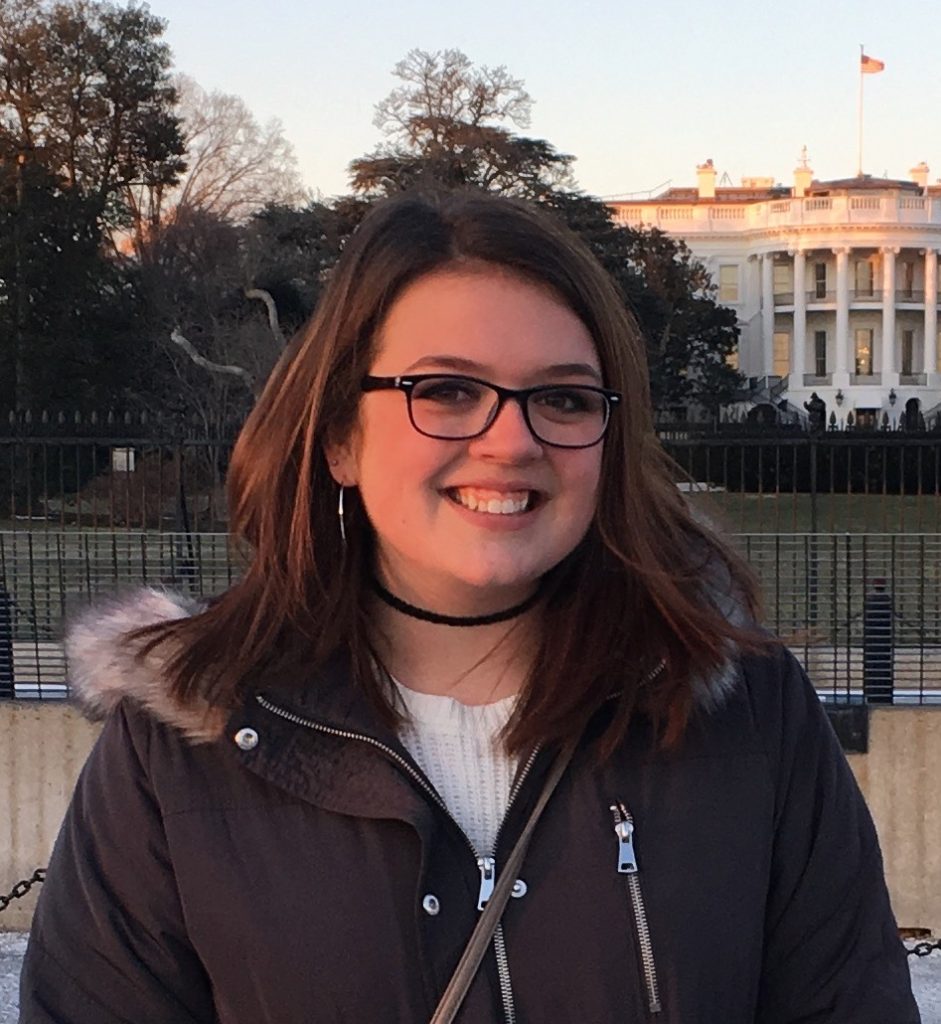
Cassi, a staff writer at “In the Zeitgeist,” is a second-year student at NYU who is majoring in Global Public Health & Sociology and minoring in Politics and French Studies. She is originally from Glen Rose, Texas and has studied away in Washington, D.C., Paris, France and Accra, Ghana. She currently interns at the Ghana Coalition of NGOs in Health in Accra, and hopes to pursue a career that focuses on the intersection of public health, politics, and human rights in an international context. Her hobbies and interests include drinking extreme amounts of coffee, avidly following the news, and exploring NYC with her friends.

